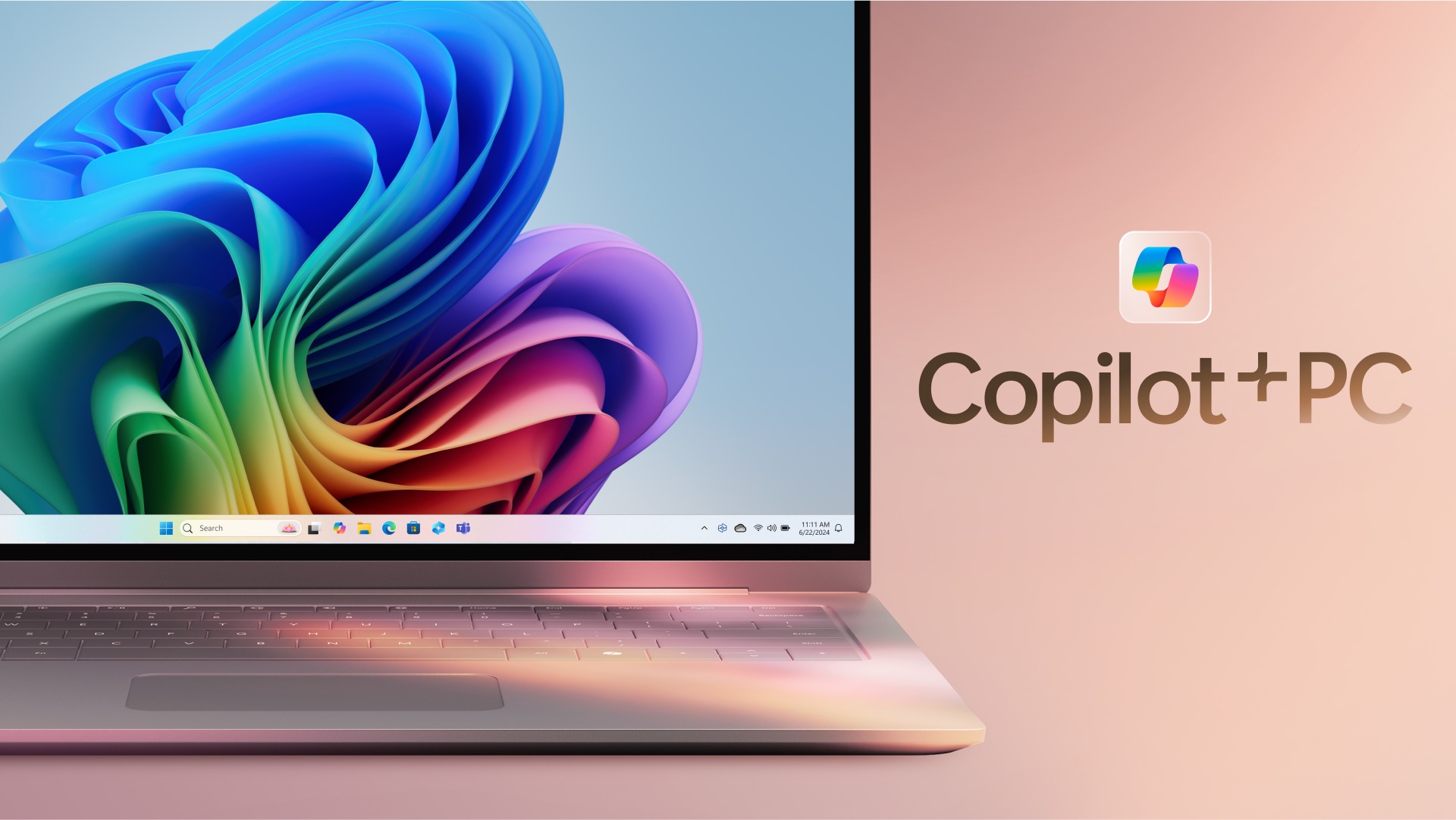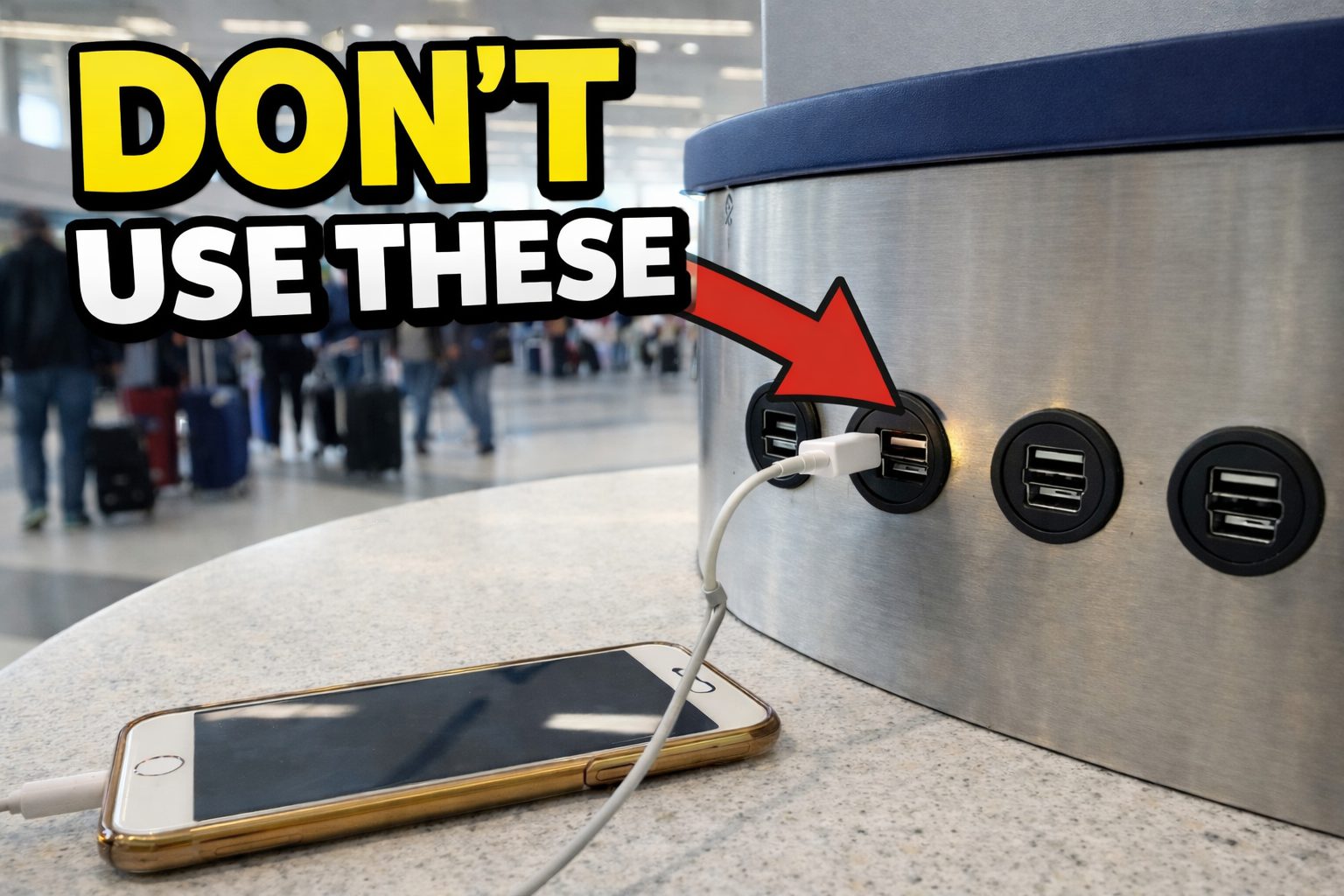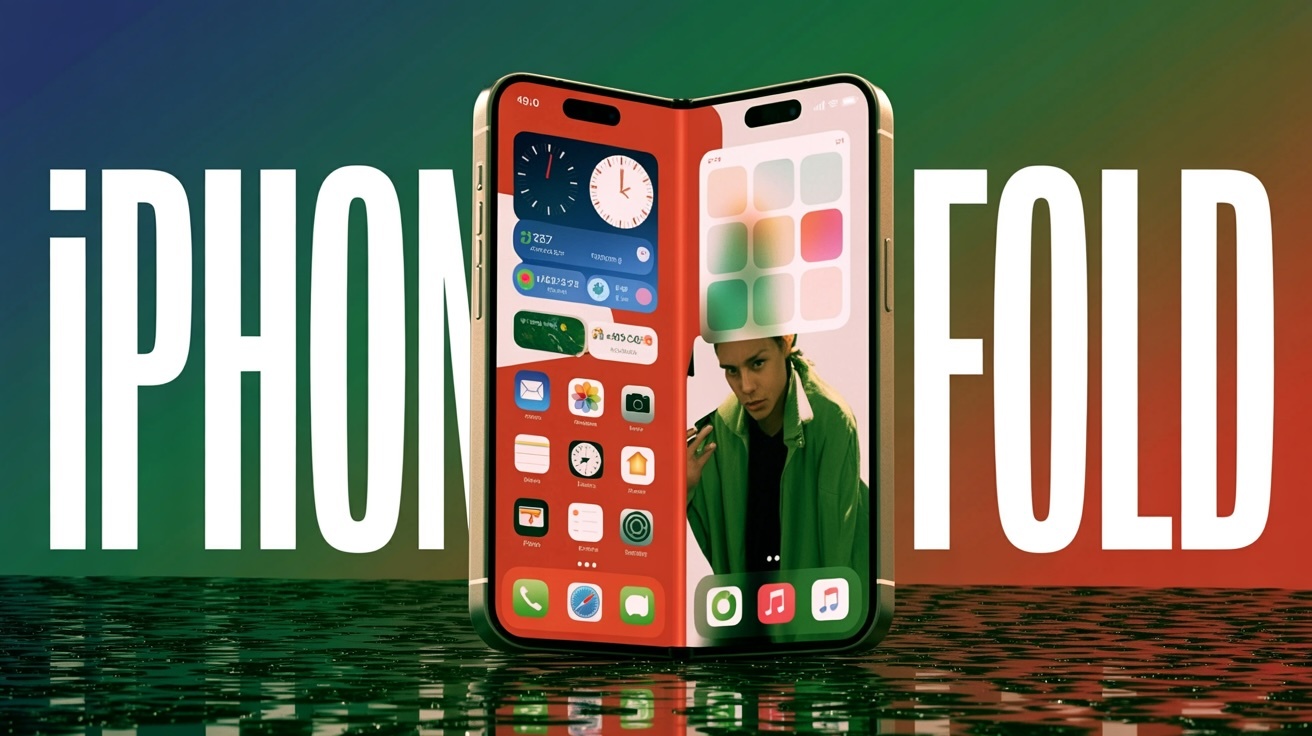Remember that friend who somehow recalls every embarrassing detail you’ve ever shared? Microsoft’s new Recall feature brings that same uncanny memory to Windows 11, after you explicitly permit it.
The new AI-powered feature, exclusive to Copilot+ PCs, marks a turning point in personal computing. Copilot can effectively index the entire screen by capturing and indexing everything displayed once Recall is activated. From private messages to confidential documents, nothing escapes its reach, raising both possibilities for smarter search and serious concerns around digital privacy.
How Recall Works: Your PC’s Photographic Memory
It works much like a photographic memory system – periodically snapping screenshots, analyzing them with AI, and storing them locally. Later, when you vaguely remember reading something about “arctic ice melting,” Recall fetches the visual evidence like reviewing a personal archive.
The privacy implications raise significant concerns among security researchers. Your device, once Recall is activated, captures all on-screen content without discriminating between public browsing and private digital moments. Even encrypted messaging apps aren’t safe – their contents captured in high-resolution screenshots that bypass their security promises entirely.
The Privacy Paradox: When Your Computer Is Always Watching
(You know that feeling when someone looks over your shoulder at your phone? Imagine that, but it’s your computer, and it’s keeping receipts.)
Perhaps most troubling is what security experts call “collateral capture.” When someone shares their screen with you or video chats through a Recall-enabled device, your information gets captured in their database without your consent. This creates a situation where opting out yourself doesn’t fully protect your data.
Microsoft’s Security Measures and Expert Concerns
Microsoft has implemented several protections to enhance privacy and control over your Recall experience, making Recall entirely opt-in, allowing app exclusions, and storing data locally with encryption. Recent updates have added visual indicators when Recall is active and sensitivity filters for private content, though technical analyses suggest these filters aren’t foolproof.
However, security experts remain concerned. Malware targeting these databases would find a treasure trove – an organized collection of screenshots potentially containing passwords, financial details, and confidential communications. Physical access to devices could bypass protection measures (after initial setup, Recall can be accessed with just a PIN), and law enforcement could compel access during investigations.
Business Implications and User Recommendations
For businesses, the stakes are particularly high. Company strategies, client information, and intellectual property could exist in easily searchable screenshots, even if never saved as formal documents. That confidential product roadmap viewed once in February? Recall preserves it, even if you don’t.
Welcome to 2025, where your laptop can function as a photographic memory that rarely forgets, raising new questions about digital privacy and security. For those considering these new PCs, security experts recommend carefully reviewing privacy settings, disabling Recall for sensitive work, and remembering that in the digital age, forgetting might sometimes be a feature, not a bug.





























